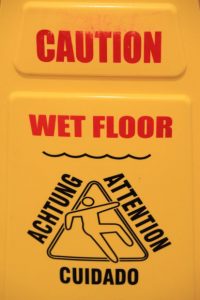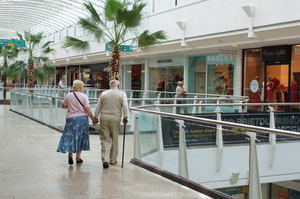Fans of rapper Travis Scott know that when they go to one of his concerts, it’s going to be high-energy. Not only will the bass be loud and the crowd riled, fans routinely form mosh pits, crowd surf and stage dive. But now, one of those fans has suffered serious injury after attending one of these events, and the question is to what extent was this an assumed risk and to what extent could the venue and Scott himself be liable.
The New York Times reports 23-year-old man became paralyzed and must now forever use a wheelchair after he was allegedly pushed form a third-story balcony and dragged on stage during one of the rapper’s performances this spring in Manhattan, New York. Plaintiff accuses Scott of negligence, as well as his manager, the concert promoter and the security company hired to provide protective services that night.
Representatives for Scott said they were conducting an internal investigation of the incident. A representative for the concert promoter declined to comment on the pending injury lawsuit. Continue reading ›
 Florida Injury Lawyer Blog
Florida Injury Lawyer Blog














